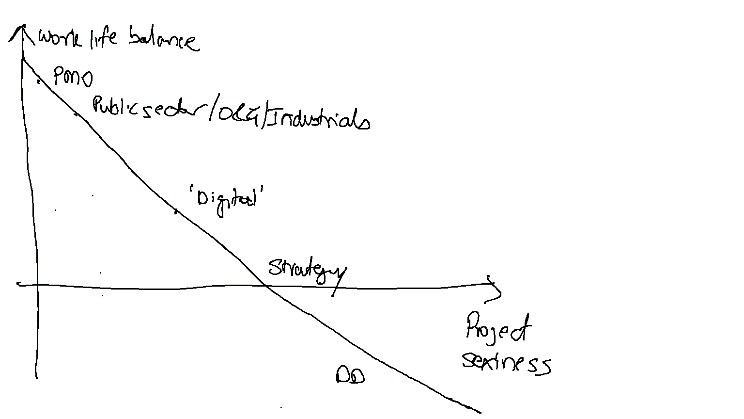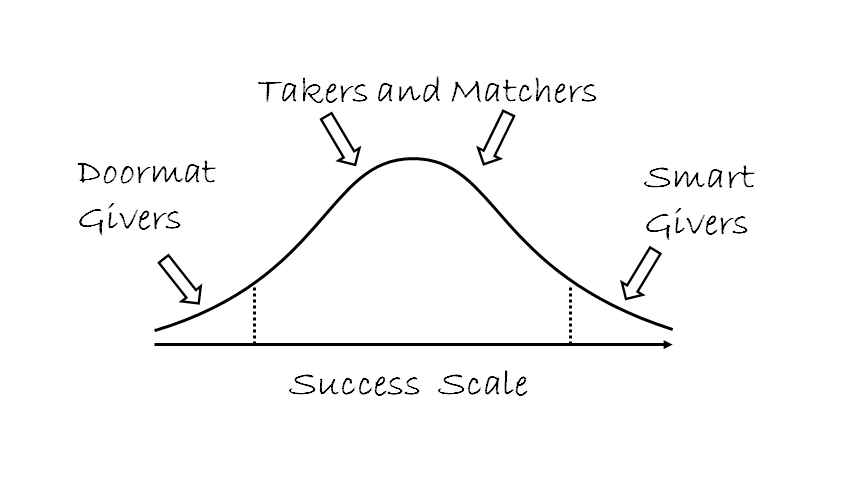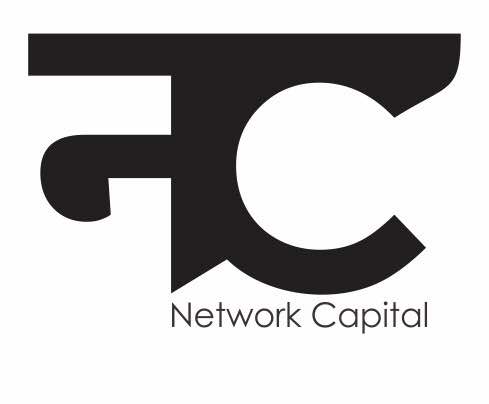Kaushik Subramanian
Life After McKinsey
By Kaushik Subramanian
A few years ago, I was in a closed cubicle at midnight in the basement of a large company in Munich, with 3 other colleagues. I hadn’t slept in what seemed like days, I was stressed, and was wondering whether I could commit to taking a few days off. At the same time, I was working in what was one of the most prestigious companies in the world, on a project that would have lasting impact on a multi-billion dollar company, and talking to leaders that I would never have expected to speak to.
Fast-Forward to 2020
Just a few months ago, I completed two years at a large tech company. I had achieved some semblance of work life balance, I was working on exciting stuff and I’d built a successful product for my company — all while having a spot of fun. In this time, I also started getting to know a lot of people in the tech ecosystem and understood the mentality around tech in general, but that’s for later.
Was it worth it?
Here are some of my reflections on life after the Firm. Note that I consider my current company to be by far one of the best places to work at, so this may not resonate for the ‘average’ company out there.
- Work life balance is more under your control: I think this one is a no-brainer. Consulting by nature is ‘client service’ — which means that your life is under the client’s control. If you are unlucky enough to have insecure partners leading the project (which happens), you are going to get lots of last minute changes, you’re also going to work on lots of ‘options’ which will not be presented. A combination of this — is a loss of your work life balance
- You work on more cutting-edge stuff: Arguably, I was privileged to have the opportunity to work on some cool stuff at McKinsey such as eCommerce and payments — however obviously the bulk of the projects are not in these industries. I saw most people working on stuff such as utilities, public sector etc. — all of which might have cutting edge topics, but arguably aren’t the most modern industries to work in. Here’s a couple of graphs to illustrate what I’m trying to say
Work Life Balance vs ‘Project Sexiness’

- On average, people at McKinsey are smarter: But there are heaps of bright, driven and smart people outside McKinsey as well. I have never felt as stupid as I did when I was at McK — arguably the smartest bunch of people I’ve worked with on average.However, I found smarter people that don’t work at McKinsey and work in other industries — so leave your assumption about smarts outside the door.
- Tech in general is way more risk friendly than McKinsey (duh!) and will also give you more responsibility than McKinsey: And you can’t really blame McK for the this. As a consultant, you cannot possibly give someone new, untested ideas — this irritated me at first, but I understood why after I left. Its been the exact opposite while I’ve worked in tech though — In a couple of years I’ve run several projects, where we’ve invested in projects with a high risk of failure in entirely new market segments: but then if someone’s doing it for the first time, there’s little chance of any data that already exists.
- There’s inspirational leadership everywhere: I followed a highly inspirational partner to McKinsey — and found a few more that inspired me more than I thought anyone ever would. There were some others that were quite transactional, which is understandable given the consulting environment. There is also no shortage of inspirational leadership outside — it might sound silly, but all you must do is ask!

- You actually use a lot of the McKinsey toolkit, but in a better way: The famous McKinsey toolkit — the problem solving, chart making, page making and speaking in 3’s — apart from many other things is arguably the greatest takeaway from the Firm. I often say McKinsey is the High Intensity workout of the corporate world — and the toolkit is the calories that are burnt, or the reward. I have found myself going time and again to the McK toolkit — be it in executive meetings, crafting documents, making models, or even writing emails! There are few places that will give you those kinds of tools, and almost have an academic sense of rigour in using them
- Few places are as tangible as McKinsey: For its faults, McKinsey is an incredibly ‘tangible’ place. I say so because everything you’ll do and say at McKinsey has a metric and a number associated to it — and it damn well will show up in your reviews for better or worse. McKinsey is meritocratic and measurable to a fault — and I’m not sure I can say the same for the corporate world outside. You will miss this if you leave8. Be careful and make sure that you’re leaving for the ‘right’ opportunity: Few pitfalls to worry about that I wish someone had told me earlier — I created a checklist that you can use if you’re planning to leave consulting that is hopefully MECE:
a. Does the title appropriately reflect my experience and scope? You ideally want something that makes the most of your work experience and gives you a platform or scope to grow. Avoid jobs where you think there isn’t enough room to do so
b. Does the growth path look at least 0.75X as of consulting? McKinsey, or consulting in general has a fixed and fast growth path where you get promoted every few years (or have to leave). Assuming you are on the path to promotions, are you going to leave that for somewhere where it is going to be significantly slower?
c. Will I have fun more than I did at McKinsey? You should only leave McKinsey if you’re not having ‘fun’. I define fun as work you enjoy + work life balance + culture. Think carefully, if the new place is going to be more fun than what you’re doing
d. Is the work more interesting than the average McKinsey project?
e. Are the exit options from the new job better than the exit options if I stayed at McKinsey? If the answer to most of these are yes, you should leave.
You’ll notice I did not talk about pay. That’s because there’s no point going to industry if you’re that worried about pay — over the medium term, McKinsey will always pay better, unless you’re looking at Private Equity. Period.
- Nothing is as prestigious, but it’s better to be ex-McKinsey than at McKinsey: The moment you tell someone you worked at McK, you’re automatically classified as ‘smart’. People expect you to work some sort of magic — but you don’t have to suffer the bad work life balance of the Firm. I’d say its like having your cake and eating it too!
Career Intelligence
Resources
Copyright © 2026-2021 Network Capital

